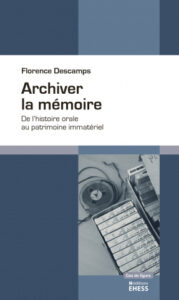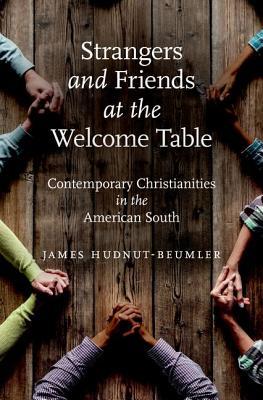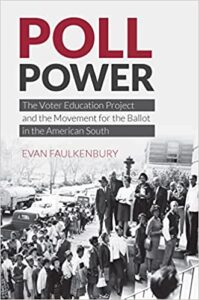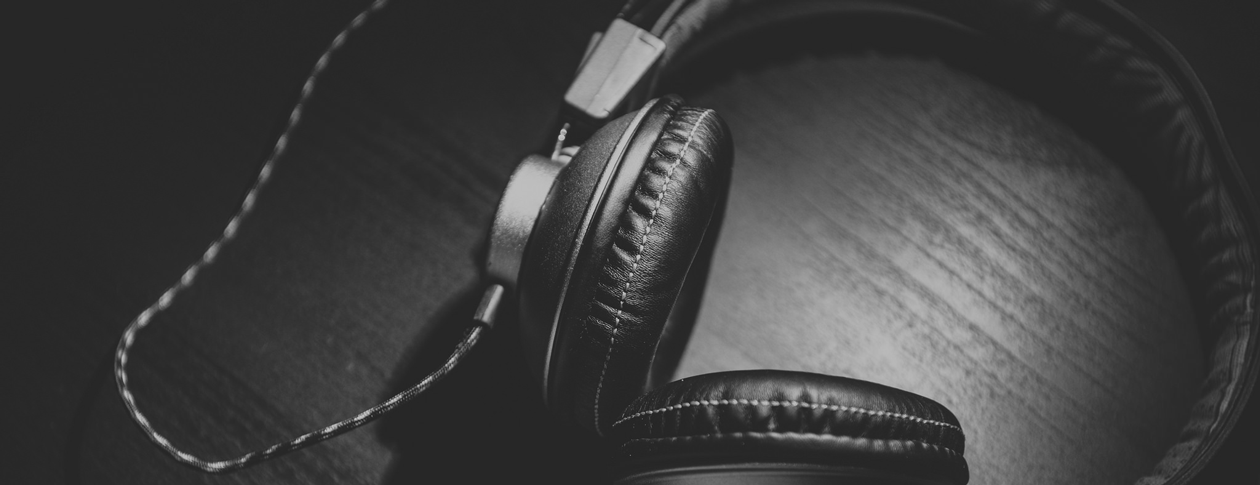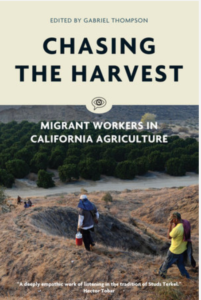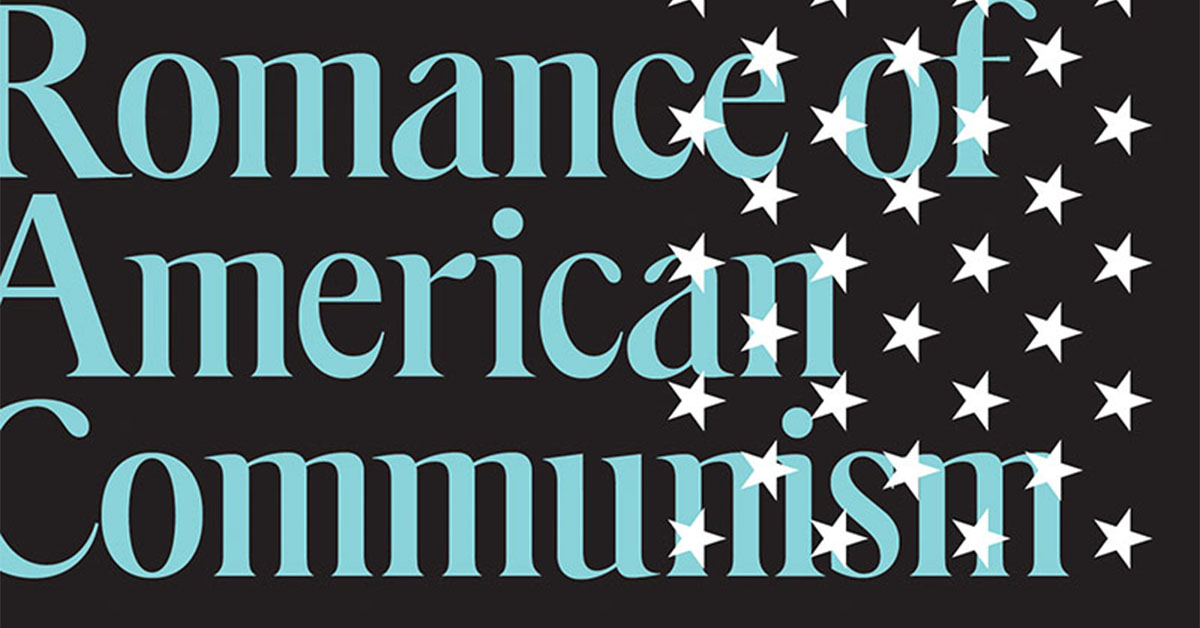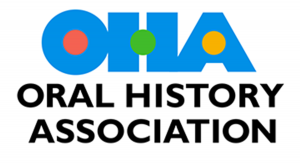5 Questions About Archiver la mémoire
We ask authors of books reviewed in Oral History Review to answer 5 questions about why we should read their books. In our latest installment of the series, Florence Descamps discusses her book Archiver la mémoire. De l’histoire orale au patrimoine immatériel.
Simon-Olivier Gagnon’s review of Archiver la mémoire is now available online.
What’s it about and why does it matter?
This short book is the result of many years of reflection on the way in which the human and social sciences in France have included and accepted the spoken word and, more generally, orality. History has long resisted oral testimonies for epistemological and methodological reasons, but today, after more than a century of controversy, we can say that oral sources have become a part of the historian’s toolbox.
How does oral history contribute to your book?
I have been collecting oral testimonies for more than 30 years and I have observed how this method has progressively developed throughout the French territory. Oral history, which emerged in France in the 1970s, has developed a lot thanks to the creation of oral archives in institutions in the 1990s and 2000s. It has made successful inroads in social history, both “from below” and “from above,” by focusing on “ordinary people,” and on so-called “dominated” social groups (workers, employees, immigrants, minorities), but also on the French governing elites (politicians, senior administrators, business leaders, bankers). Since 2000, oral history has benefited from the success of the notion of “oral heritage” and UNESCO’s concept of “immaterial cultural heritage” which has given new dynamism and energy to field investigations.
What do you like about using oral history as a methodology?
I believe in the possibility for actors and witnesses to give an account of their own existential and historical experiences and to contribute to the knowledge of the past through their stories. I like the dialogue between historian and witness. I find great interest in the deployment of individual memory and I study the ways in which this memory is articulated, or not, within the collective one.
I believe in the possibility for actors and witnesses to give an account of their own existential and historical experiences and to contribute to the knowledge of the past through their stories.
Why will fellow oral historians be interested in your book?
I hope that oral historians will find some elements of reflection, first on the specificities of the French case, and more generally on the debates around oral history and its developments.
What is the one thing that you most want readers to remember about the book?
Contrary to what is often said, there is a French oral history. It has long been invisible, but it is very much alive, even if it sometimes has other names: oral archives, sound heritage, oral heritage, oral memory, intangible cultural heritage, for example. It takes on different forms, depending on whether it is used by historians or researchers in other social sciences, or whether it is used by archive centers or local communities. But it is still alive and growing because there is a strong social demand in France for everything that concerns the past, especially the past that is experienced and remembered.

